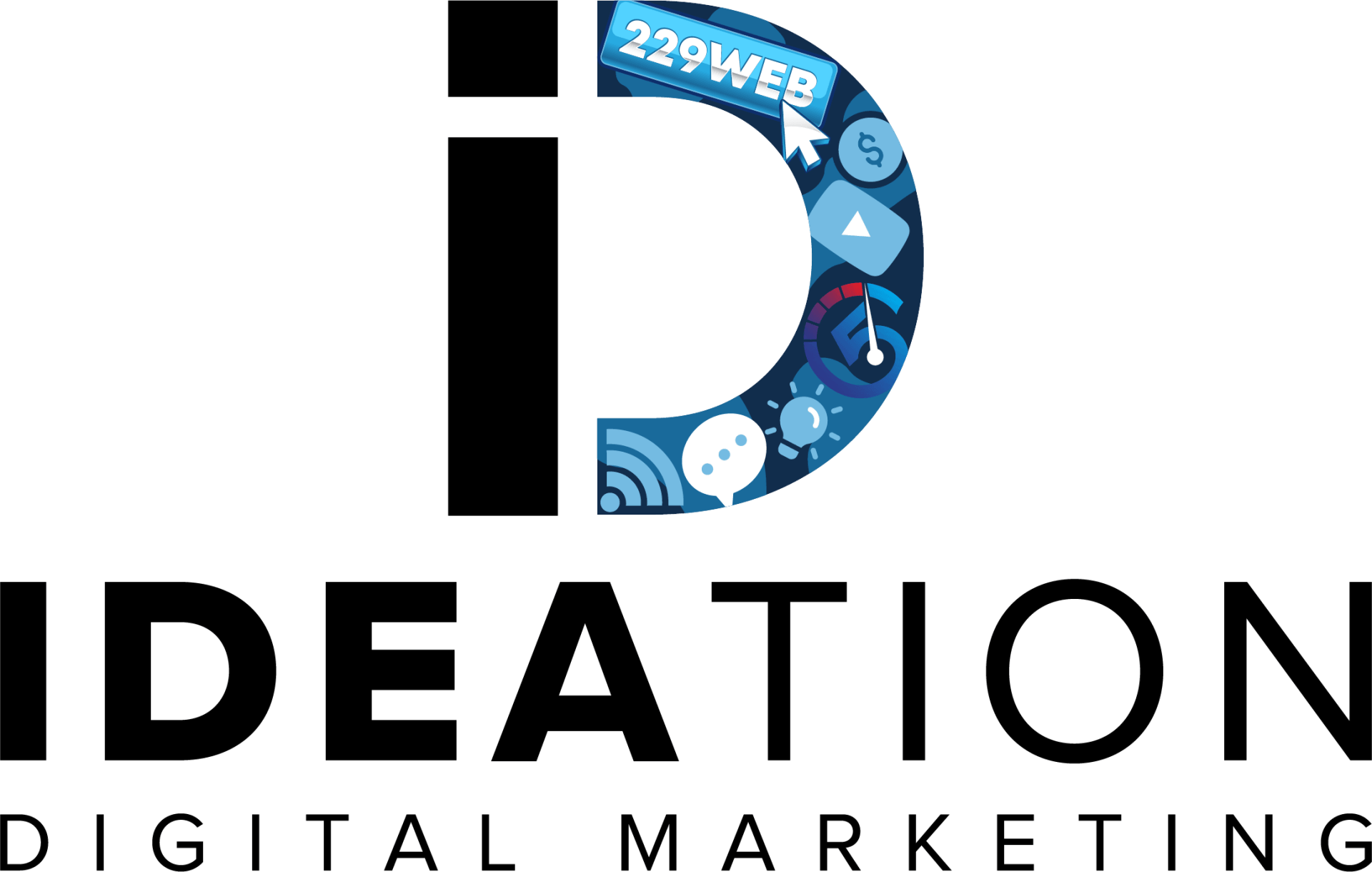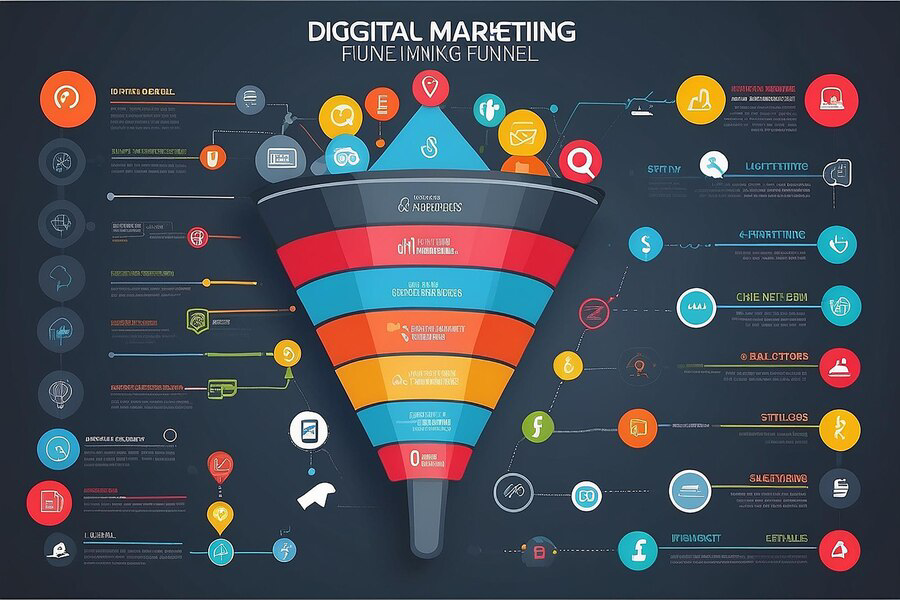222 Capitol Street, Suite 522
Charleston, WV 25301

Mobile Marketing Apps That Revolutionize Customer Engagement
In today's hyper-connected digital landscape, mobile marketing apps have emerged as indispensable tools for businesses aiming to transform customer engagement strategies. These innovative applications leverage the power of mobile devices to reach consumers directly, offering personalized experiences that resonate on a deeper level. By harnessing mobile platforms, businesses can deploy targeted campaigns, deliver real-time notifications, and gather insightful analytics to refine their approach continuously. From push notifications that prompt immediate action to interactive experiences that foster two-way communication, these apps redefine how brands connect with their audience. By integrating features like geo-targeting and in-app messaging, businesses can create tailored experiences that feel both relevant and timely. Moreover, the ability to track user behavior in real-time enables agile marketing strategies that adapt swiftly to consumer preferences. As mobile usage continues to soar globally, these applications not only enhance customer engagement but also empower brands to build lasting relationships based on relevance and responsiveness.
How AI and Machine Learning Are Reshaping Mobile Marketing
In today's digital age, the convergence of artificial intelligence (AI) and machine learning (ML) is revolutionizing various industries, and mobile marketing is no exception. AI and ML technologies are enabling marketers to create more personalized, targeted, and effective campaigns than ever before. This blog explores how these technologies are reshaping mobile marketing strategies, enhancing customer engagement, and driving business growth.
Personalized Customer Experiences
AI and ML algorithms analyze vast amounts of customer data, including behaviors, preferences, and purchase history, to create highly personalized experiences. Mobile marketing apps leverage this data to deliver tailored content, recommendations, and offers in real-time. For example, apps can recommend products based on previous purchases or location-based preferences, enhancing relevance and engagement.
Predictive Analytics
AI-powered predictive analytics enable marketers to anticipate customer behaviors and trends. By analyzing historical data and patterns, mobile marketing apps can forecast customer preferences and behaviors, allowing businesses to proactively adjust their strategies. This capability helps optimize marketing campaigns, improve ROI, and reduce churn by addressing customer needs before they arise.
Enhanced Customer Support
ML-powered chatbots and virtual assistants integrated into mobile marketing apps provide instant customer support and personalized assistance 24/7. These AI-driven bots can handle routine inquiries, recommend products or services, and resolve issues promptly. By automating customer interactions, businesses can improve response times, reduce support costs, and enhance overall customer satisfaction.
Real-time Campaign Optimization
AI algorithms continuously monitor and analyze campaign performance metrics such as click-through rates, conversions, and engagement levels. Mobile marketing apps leverage this real-time data to optimize ad placements, content delivery, and audience targeting dynamically. AI-driven insights enable marketers to make data-driven decisions quickly, maximizing campaign effectiveness and ROI.
Hyper-targeted Advertising
AI-powered algorithms enable precise audience segmentation based on demographic data, behaviors, and interests. Mobile marketing apps use this segmentation to deliver hyper-targeted advertisements that resonate with specific audience segments. By displaying relevant ads at the right time and place, businesses can increase ad engagement, conversions, and customer loyalty.

Comparative Analysis of Leading Mobile Marketing Platforms
Choosing the right mobile marketing platform is crucial for businesses aiming to optimize customer engagement, enhance brand visibility, and drive conversions in today's digital age. With numerous options available, each offering unique features and capabilities, selecting the best platform can be daunting. This blog provides a comparative analysis of some of the leading mobile marketing platforms, highlighting their key features, strengths, and considerations for businesses looking to leverage mobile marketing effectively.
Platform A: Feature Overview
Provide an in-depth overview of Platform A, detailing its core features, such as audience segmentation, campaign management tools, analytics capabilities, and integration options. Highlight any unique selling points (USPs) that set it apart from other platforms in terms of functionality and user experience.
Platform A: Pricing Structure
Discuss the pricing models offered by Platform A, including subscription plans, pricing tiers based on features or usage, and any additional costs such as setup fees or transaction fees. Compare the pricing against the value provided in terms of features and support offered.
Platform A: Customer Support and Training
Platform A offers robust customer support services designed to assist businesses effectively. Their customer support is available through multiple channels including phone, email, and live chat, ensuring accessibility for users across different preferences and urgent needs. Platform A is known for its responsive support team, often providing timely resolutions to queries and technical issues. In addition to direct support channels, Platform A offers comprehensive training resources such as video tutorials, documentation, and webinars, which are instrumental in helping businesses maximize their use of the platform.
Platform B: Feature Overview
Platform B distinguishes itself with a robust set of features tailored to diverse business needs and marketing objectives. Its key strengths include advanced analytics capabilities that offer detailed insights into customer behavior and campaign performance, facilitating precise targeting and optimization strategies. Platform B also excels in scalability, accommodating growing businesses with ease through flexible pricing models and scalable infrastructure. In contrast to Platform A, which emphasizes simplicity and user-friendliness, Platform B prioritizes depth of analytics and customization options, making it ideal for enterprises seeking granular control over their marketing efforts and aiming to maximize ROI through data-driven decision-making.
Platform B: Pricing Structure
Analyze the pricing structure of Platform B, including comparisons with Platform A's pricing model. Discuss any flexibility in pricing options, scalability based on business growth, and potential hidden costs that businesses should consider before choosing the platform.
Interviews with Industry Experts
In the dynamic world of mobile marketing, insights from industry experts are invaluable. We've interviewed several leading figures to gather their perspectives on current trends, challenges, and best practices in mobile marketing. Here are key insights from our discussions:
- Emerging Trends: Experts highlighted the growing importance of AI-driven personalization and the rise of immersive technologies like AR/VR in enhancing mobile marketing effectiveness.
- Challenges: Addressed challenges such as data privacy concerns and adapting strategies to evolving consumer behaviors and platform algorithms.
- Best Practices: Emphasized the need for data-driven decision-making, omnichannel integration, and continuous experimentation to optimize mobile marketing campaigns.
- Advice for Marketers: Encouraged marketers to stay agile, prioritize customer experience, and leverage analytics to drive actionable insights and ROI.
Conclusion
Mobile marketing apps have indeed revolutionized customer engagement in unprecedented ways. By leveraging the power of smartphones and tablets, businesses like yours can now connect with their audience on a more personal level than ever before. From push notifications that instantly grab attention to interactive features that enhance user experience, these apps have become indispensable tools in the digital marketer's arsenal. Embracing these technologies not only boosts customer engagement but also fosters long-term relationships and brand loyalty.
For more information on how Ideation Digital Marketing can help you harness the potential of mobile marketing apps, contact us today. Located in Charleston, WV, we specialize in creating customized strategies that align with your business goals and resonate with your target audience. Reach out to us at (304) 814-2445 to schedule a consultation and discover how we can elevate your marketing efforts through innovative mobile solutions. Let's embark on a journey towards enhanced customer engagement and sustainable growth together!

Main Office
222 Capitol Street, Suite 522
Charleston, WV 25301
other offices
48 1/2 Second Ave, Williamson, WV 25661
20 Clinch Mountain Ave, Lebanon, VA 24266,
Contact
DIGITAL MARKETING SERVICES
All Rights Reserved | Ideation Digital
Private Policy
All Rights Reserved | Ideation Digital











